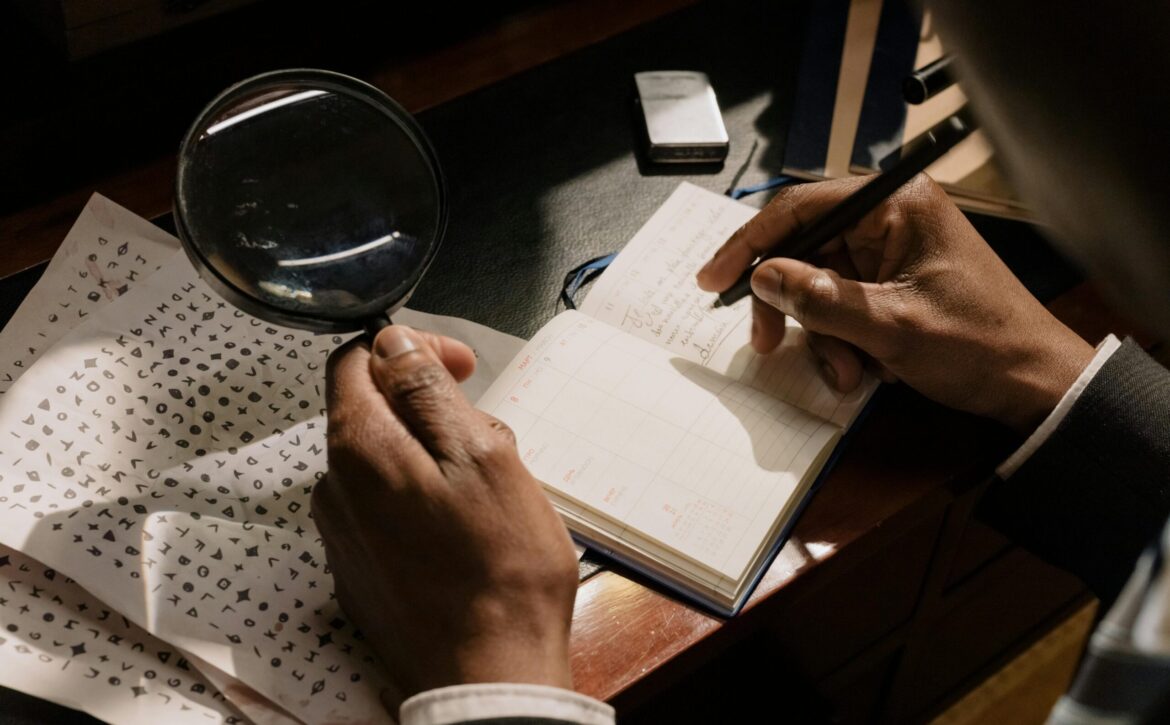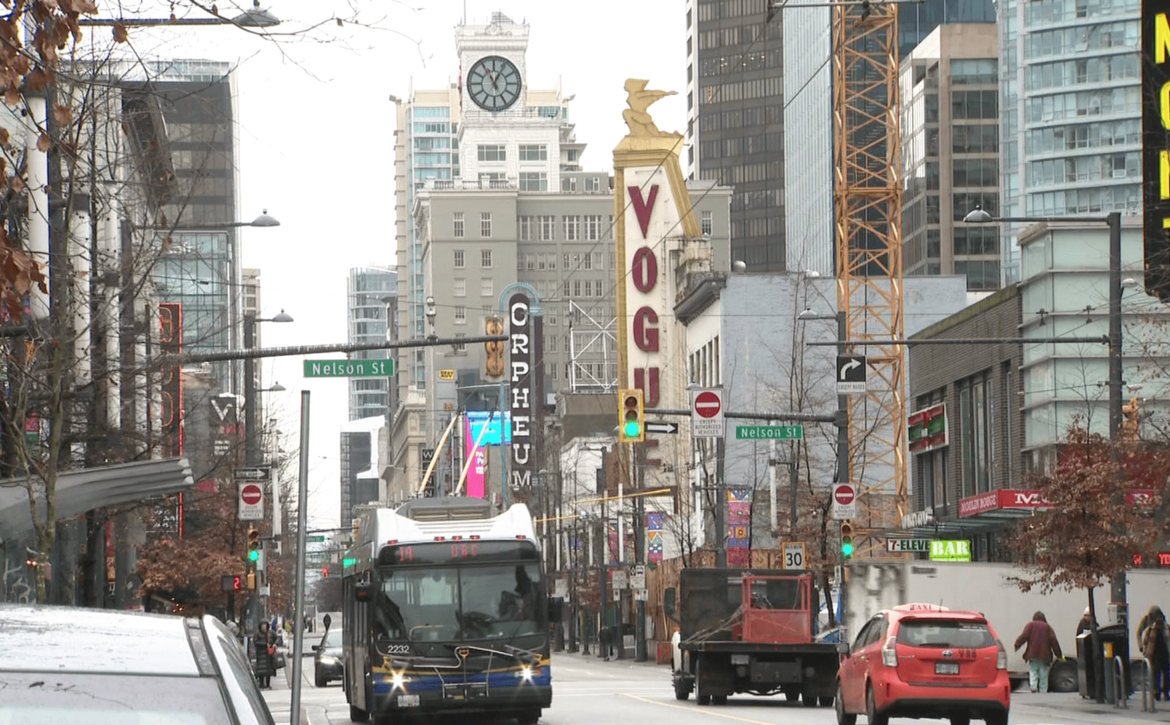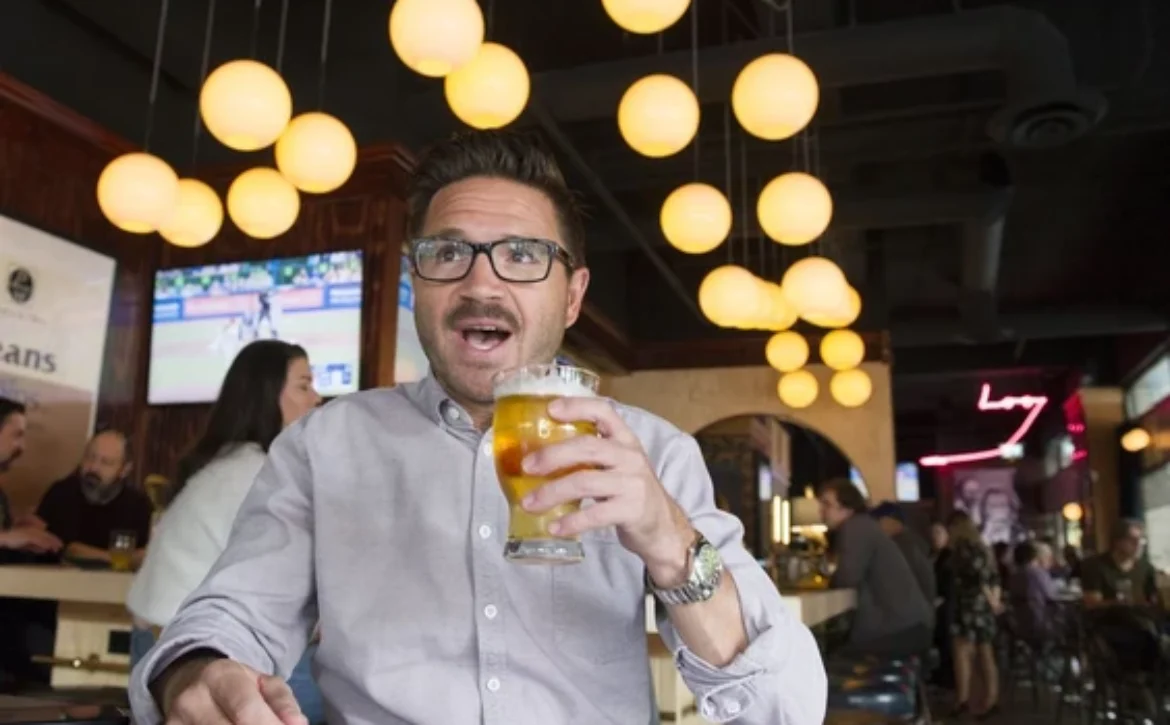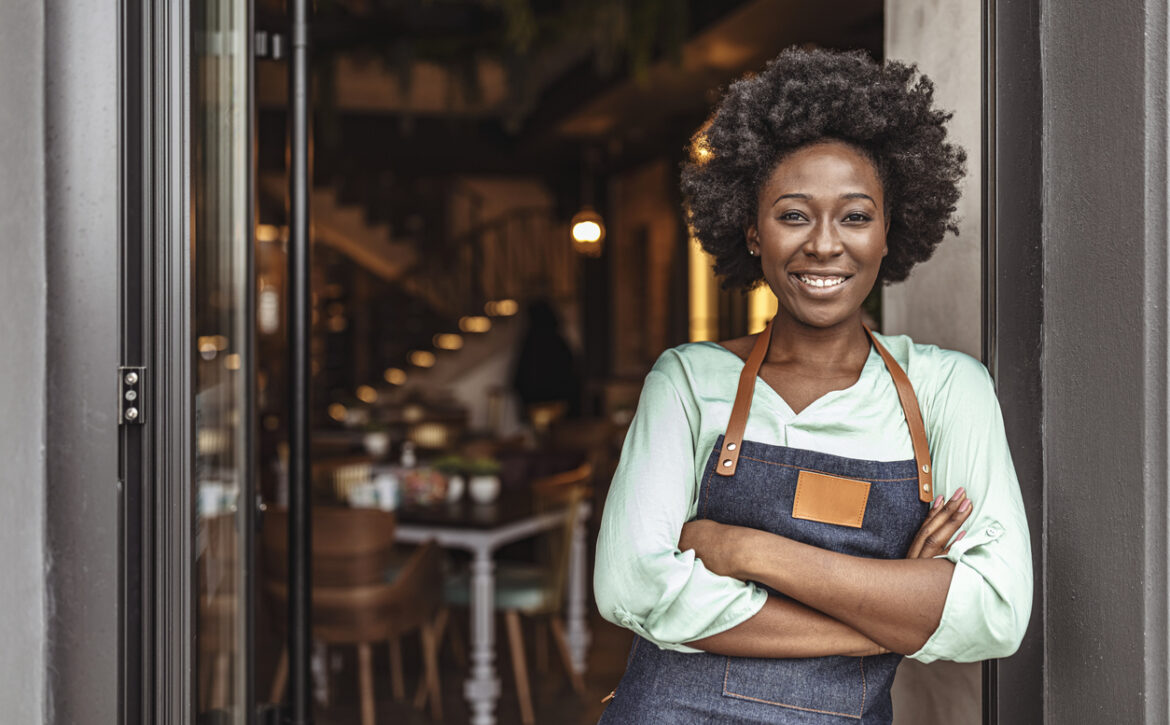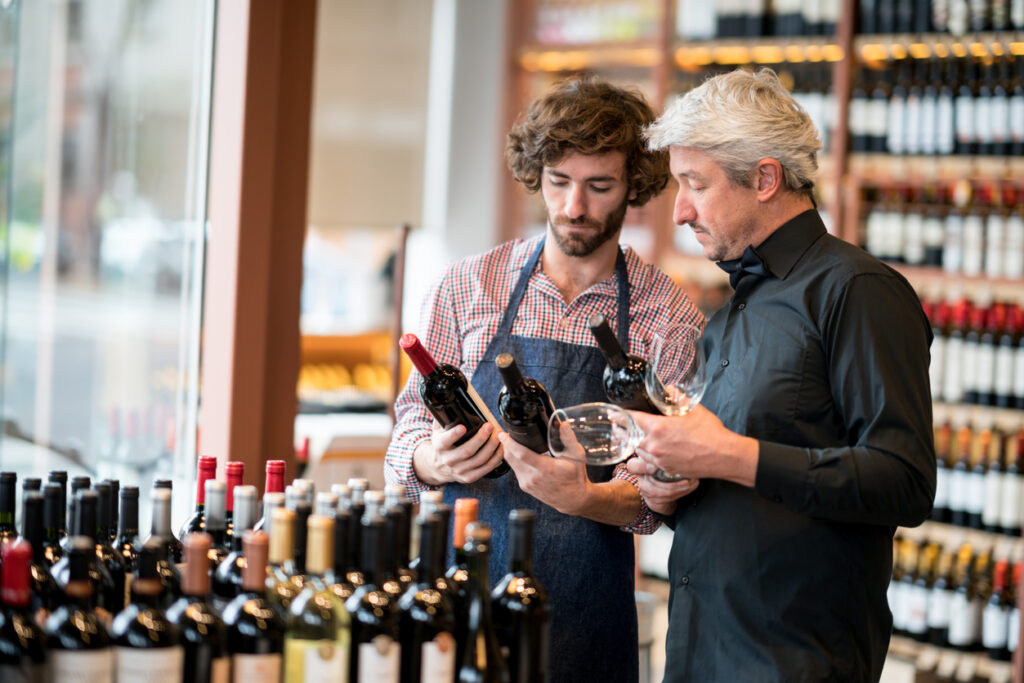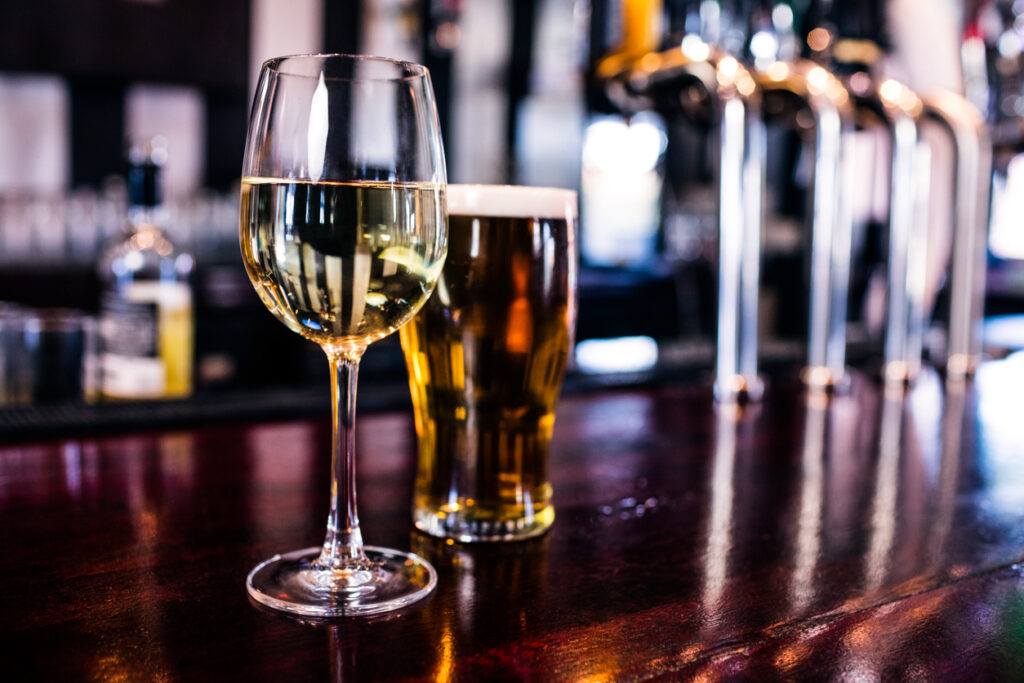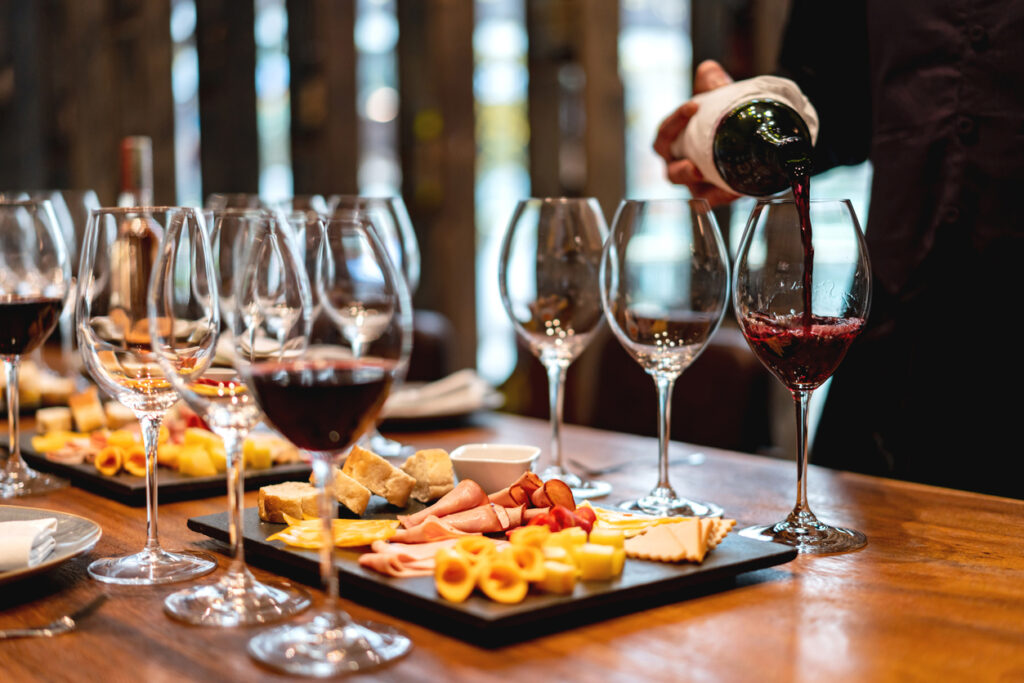Bert Hick, a liquor and cannabis licensing expert who heads Rising Tide Consultants, said he is “saddened” by the news and fears for the whole hospitality industry.
“A lot of it was COVID,” said Hick, but it’s also labour shortages, rising costs and the looming payback of pandemic financial supports from the federal government.
“It’s a bit of a perfect storm,” said Hick. “The hospitality industry is very, very fragile right now. My prediction is you’re going to hear more horror stories in the coming months” with the COVID relief payments coming due at the end of the year.
The Donnelly Group, which owns pubs and clubs that are fixtures in Vancouver’s nightlife and hospitality industry, is filing for creditor protection.
The Vancouver-based company, which operates more than a dozen pubs, clubs and restaurants in Vancouver and Toronto under the Freehouse Collective, said Wednesday it has started proceedings under the Companies’ Creditors Arrangement Act (CCAA) to revise the terms of existing loans and restructure debt it needed to take on to survive COVID-19.
The Donnelly Group has opted to initiate the creditor protection process to restructure to avoid closing locations and laying off employees, said company founder and CEO Jeff Donnelly.
“We could have gone one of two directions. We could have, frankly, just closed a bunch of our businesses and just stuck with the real winners, and we would have been OK,” Donnelly said Wednesday. “But we might have lost half of our workforce. And when you’ve got 800 employees, that just wasn’t an option for us.
“This is what we need to do to keep these places open, so we’re going to do it,” Donnelly said. “We’re going to come out stronger than we were before.”
In a petition filed in B.C. Supreme Court on Tuesday, the company asked the court to appoint Ernst & Young as a monitor over its affairs as it works out a restructuring plan with its creditors.
The petition involves 12 pubs, cocktail clubs and restaurants in Vancouver — including the Lamplighter, Butcher & Bullock, and Brass Fish — and two in Toronto, as well as three Barber & Co barbershops, Bomber Brewing in East Vancouver, and a company that handles the cleaning of the hospitality venues.
In total, 750 people are employed in Freehouse’s hospitality venues, 40 at Bomber Brewing, and 25 at Barber & Co.
A retail cannabis business also owned by Donnelly, called Lightbox and doing business as Dutch Love, is subject to separate insolvency proceedings, after applying for creditor protection late last year.
The company said the move was necessary to survive the crippling economic impact wrought by the pandemic on the hospitality industry.
It will work on a restructuring plan and streamline operations in the next couple months as part of the proceedings, but expects to continue operations at its locations and “engage its employees at current levels during the CCAA proceeding and afterwards.”
The company said its decision to restructure isn’t a reflection of its employees but a “strategic response to the industry-wide impact of the COVID-19 pandemic.”
B.C. Restaurant and Foodservices Association head Ian Tostenson said Donnelly’s entrepreneurship and vision were worthy of him being named to the B.C. Restaurant Hall of Fame pre-pandemic, but the expansion into barber shops, cannabis and brewing proved costly with the COVID downturn.
“It was working then in that economy,” said Tostenson. “You could fuel that kind of machine, that kind of business then.”
He noted the whole industry got hit hard, acting as “a bit of a canary in the coal mine” for retail generally because of closures, capacity limits and other challenges.
Then, when customers started coming back, inflation hit along with supply chain challenges, increasing labour costs and a shortage of workers.
“We’re seeing bankruptcies up 116 per cent year-over- year,” said Tostenson, and less than 50 per cent of all restaurants in a recent survey were making money.
Bert Hick, a liquor and cannabis licensing expert who heads Rising Tide Consultants, said he is “saddened” by the news and fears for the whole hospitality industry.
“A lot of it was COVID,” said Hick, but it’s also labour shortages, rising costs and the looming payback of pandemic financial supports from the federal government.
“It’s a bit of a perfect storm,” said Hick. “The hospitality industry is very, very fragile right now. My prediction is you’re going to hear more horror stories in the coming months” with the COVID relief payments coming due at the end of the year.
“A lot of business owners took those loans on the premise (business) would come back,” noted Tostenson. “And it did for a couple of months, but then inflation kicked in.”
Hick and Tostenson both praised the Donnelly Group as exemplary operators with an impeccable record in the industry.
Like most in the hospitality industry, the Donnelly Group’s businesses were shuttered in March 2020 as a result of the pandemic and reopened gradually in the following years.
According to Donnelly Group’s petition filed this week, the businesses were able to maintain payment of debts until 2021, when they negotiated an agreement with BMO, the primary lender, to make monthly interest-only payments.
Once venues reopened in 2022, the businesses faced further economic challenges due to hikes in the minimum wage, supply chain issues, and rising insurance and interest rates.
Revenues have returned to 2019 levels, increased labour and operational costs mean thinner margins and a lower profit, said the company.
The hospitality entities listed in the petition currently owe BMO about $13.6 million, while Bomber Brewing owes $1.25 million, according to the petition. Their monthly debt servicing payments total about $295,000 a month.
While the petitioners have been able to make interest-only payments to BMO following a 2021 agreement with the bank, they “are not in a position to make principal repayments on a go-forward basis,” said the petition.
BMO supports Donnelly’s restructuring, and the lender has agreed in principle to restructure the company’s payments during the process, the petition says: “BMO benefits by the continued operation of the enterprise by present management, which represents its best prospect of recovery.”
Donnelly is also in arrears with some landlords to the tune of about $766,000, is in arrears for PST, and faces lawsuits from landlords and other creditors.
https://vancouversun.com/news/local-news/b-c-pub-chain-donnelly-group-seeks-creditor-protection

